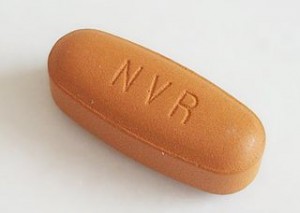
Photo: D.Meyer; GFDL
I write to share news about a set of articles that critically evaluate the recent Supreme Court of India’s decision on the patentability of Glivec – the Novartis anti-cancer drug. The ruling that finds Glivec foul of the standards under India’s patent laws – in particular section 3(d) that concerns with ever-greening – is a particularly important judgement on, among other things, the residual space to interpret TRIPS.
The latest issue of Economic and Political Weekly has a set of short pieces that evaluate the judgement and the wider context to this case – and the long-standing struggle in the South for a humanitarian patent regime.
The issue – and these articles are open-access and are as follows:
- The Supreme Court Judgment: ‘Lawmaking’ in the South / Dwijen Rangnekar
- Who Invented Glivec? Does It Matter Anyway? / Graham Dutfield
- Two Decades of Struggle / Amit Sengupta
- Analysing the Supreme Court Judgment / Anand Grover
- Is Section 3(d) Consistent with TRIPS? / Carlos M Correa
- ‘Drop the Case’ / Leena Menghaney
- The Need to Curb Patents on Known Substances / K M GopaKumar
The entire issue can be accessed at http://www.epw.in/ejournal/show/1/_/2964




